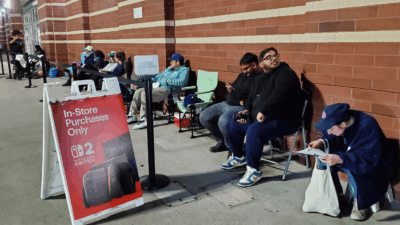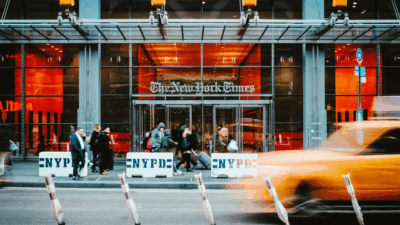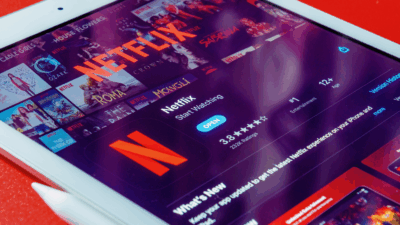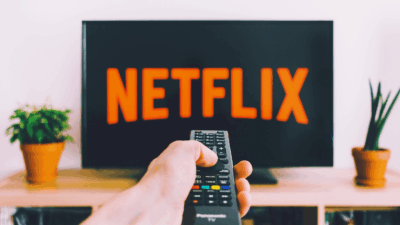Japanese Companies Paid $3 Billion for Tokyo Olympics Marketing And Could End Up With Little To Show For It
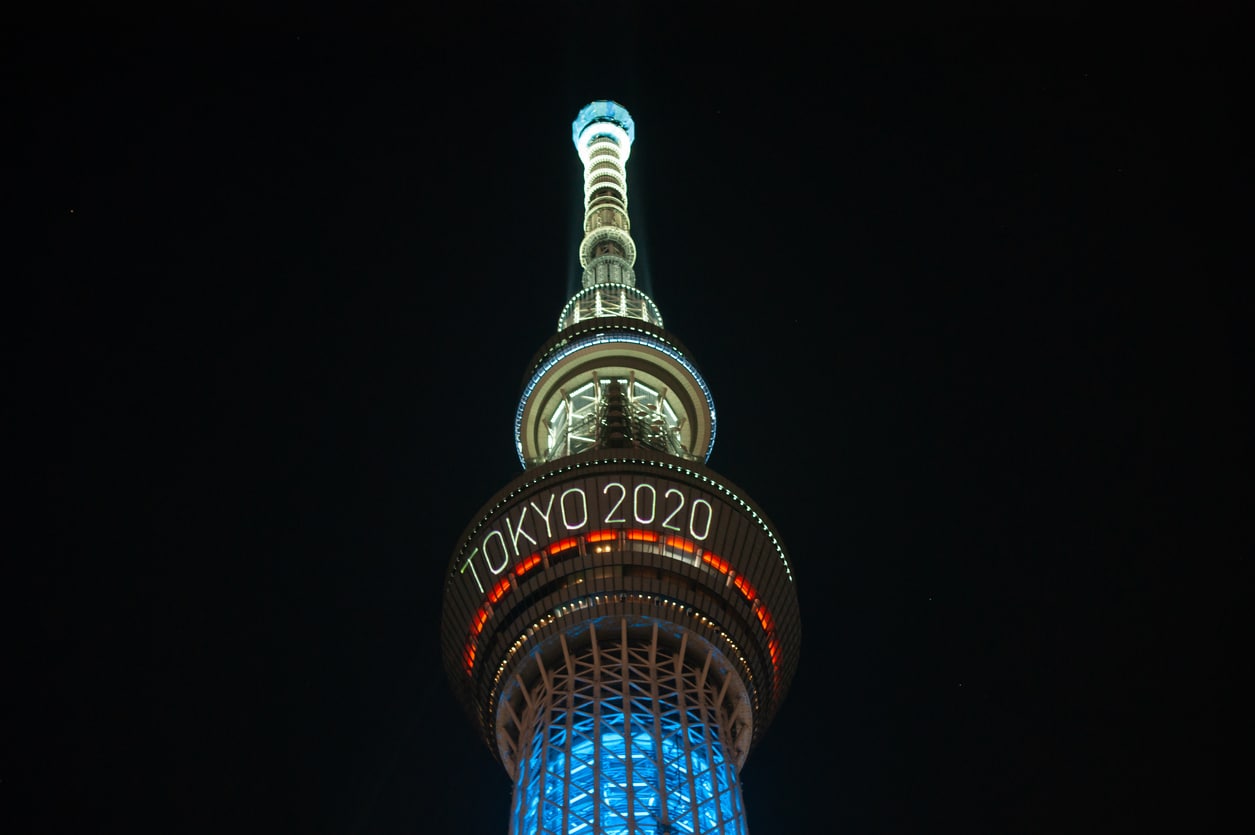
Sign up for smart news, insights, and analysis on the biggest financial stories of the day.
When five dozen Japanese companies paid over $3 billion to sponsor the Tokyo Olympics — a level of domestic promotion unseen in the history of the Games — they likely envisioned packed stadiums of onlookers from all over the world as a marketing goldmine.
But with all spectators now barred from the Tokyo Games — which take place from July 23 to August 8 — many firms are staring down massive line items that could yield little to no payoff.
Not in the Mood
Just 22% of Tokyo residents expect to “enjoy” this summer’s Olympics, according to a poll by Japan’s public broadcaster NHK. And 66% said they’re concerned about Covid-19 variants touching down in Japan from abroad during the spectacle. In other words, sponsors won’t be getting live spectators or an enthusiastic public for the Tokyo Games, and many have scaled back their campaigns in response:
- Brewer Asahi paid $135 million to be one of 15 Tokyo 2020 Gold Partners, with the assurance that its beer would be flowing through Tokyo for two weeks. Now it’s left to market virtually to viewers at home, where refrigerators could just as easily accommodate rival Sapporo’s brews.
- Toyota dropped plans to exhibit environmentally-friendly cars, but the automaker is one of 14 firms with a multi-game sponsorship deal, allowing it to recoup promo spots at upcoming Games in Beijing and Paris (it might benefit the brand to whip up some new models by 2024, however).
Woody Thompson, VP at sports marketing firm Octagon, put the promotional situation in plain terms to The Wall Street Journal, “If a brand was relying upon their ability to activate in the host city for over 16 days or even an expanded period post-Games, they probably didn’t make the right investment.
Worst-Case Scenario: Probably the most ill-fated sponsor is one of Japan’s biggest travel agencies KNT-CT Holdings, whose entire raison d’etre dissolved with the decision to hold the Games sans spectators. “It is very unfortunate that we cannot provide tours to our clients who had been looking forward to the Games,” the company grieved in a statement.


